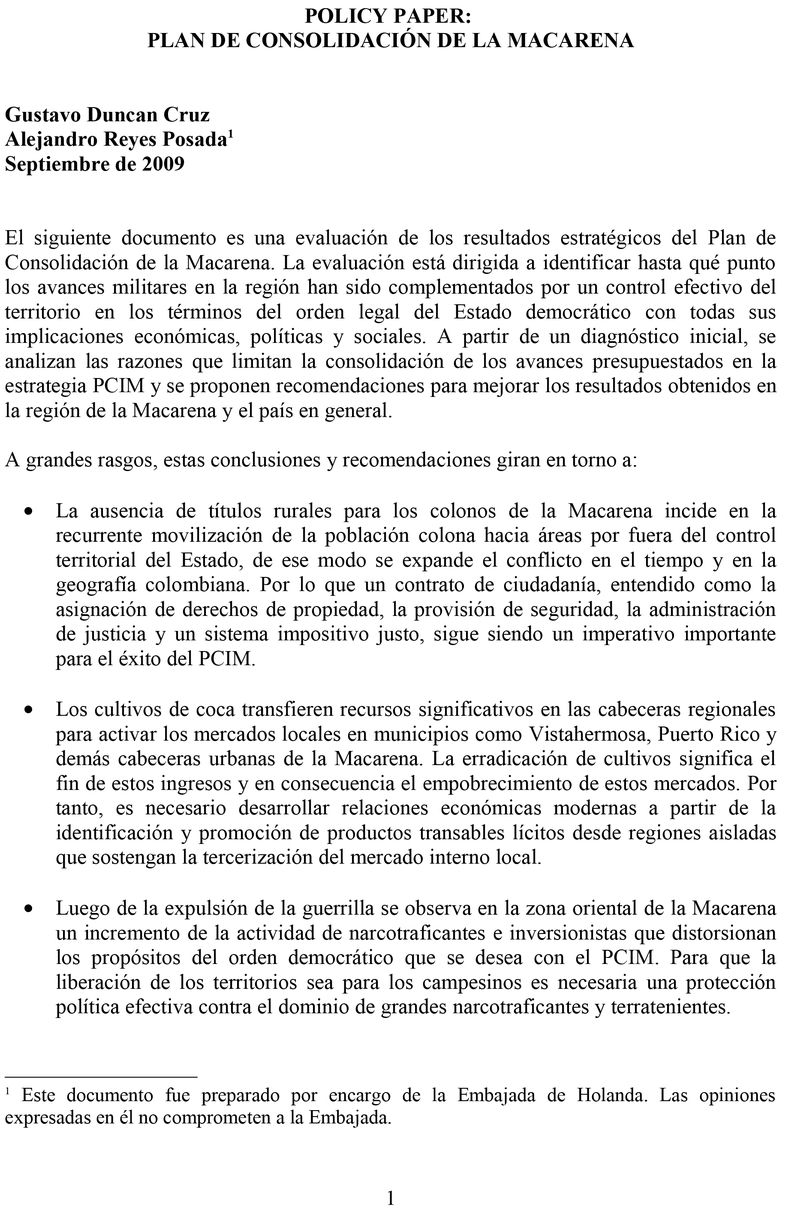2016 Global Food Policy Report
The Global Food Policy Report is IFPRI’s flagship publication. This year’s annual report examines major food policy issues, global and regional developments, and commitments made in 2015, and presents data on key food policy indicators. The report also proposes key policy options for 2016 and beyond to achieve the Sustainable Development Goals. In 2015, the global community made major commitments on sustainable development and climate change.
2016 Global Food Policy Report: Synopsis [in Arabic]
كان عام 2015 لحظة فارقة لمجتمع التنمية الدولية. فلقد ابرزت نهاية الاهداف
الانمائية للألفية التقدم الملحوظ والمحقق لتلك الاهداف منذ عام 1990 ، حيث
انخفضت معدلات الجوع والفقر المدقع ووفيات الأطفال إلى النصف، ومع ذلك تظل هناك
تحديات جسيمة. يستعرض تقرير السياسة الغذائية العالمية لعام 2016 الاتجاهات والاحداث
والتغيرات الكبرى التى تؤثر على الأمن الغذائي والتغذية في عام 2015 وما بعدها؛ كما
يناقش كيف يمكن للنظام الغذائي العالمي أن يساهم فى المزيد من خفض معدلات حدة الفقر،
والجوع، وسوء التغذية مع ضمان الاستخدام المستدام لموارد العالم. وسوف يكون عام 2016
2016 Global Food Policy Report: Synopsis [in Russian]
Для международного сообщества 2015 год стал поворотным моментом. Окончание срока выполнения Целей развития тысячелетия подчеркнуло поразительные успехи, достигнутые с 1990 года: доля людей, живущих в крайней нищете, уровень детской смертности и масштабы голода сократились почти вдвое. Однако по-прежнему остаются огромные проблемы.
Rapport 2016 sur les politiques alimentaires mondiales: Synopsis
L’année 2015 a marqué un tournant décisif pour la communauté internationale du développement. L’aboutissement des Objectifs du Millénaire pour le développement a souligné les avancées remarquables enregistrées depuis 1990 : l’extrême pauvreté, la mortalité infantile et la faim ont toutes chuté à peu près de moitié. Toutefois, un défi considérable demeure.
Food policy in 2015-2016: Reshaping the global food system for sustainable development
The year 2015 saw a new global commitment to sustainable development that will require a reshaping of the world’s food system. The well-being of people and the planet will depend on creation of a food system that is more efficient, inclusive, climate-smart, sustainable, nutrition- and health-driven, and business-friendly.
2016 Global Food Policy Report: Synopsis
The Global Food Policy Report is IFPRI’s flagship publication. This year’s annual report examines major food policy issues, global and regional developments, and commitments made in 2015, and presents data on key food policy indicators. The report also proposes key policy options for 2016 and beyond to achieve the Sustainable Development Goals. In 2015, the global community made major commitments on sustainable development and climate change.
Informe de políticas alimentarias mundiales 2016: Sinopsis
El año 2015 marcó un giro decisivo para la comunidad internacional del desarrollo. Si bien aún persisten retos inmensos, la culminación de los Objetivos de Desarrollo del Milenio puso de relieve los impresionantes logros alcanzados desde 1990: tanto la extrema pobreza, como la mortalidad infantil y el hambre se redujeron a casi la mitad.
2016 Global Food Policy Report: Synopsis [in Chinese]
2015年对国际社会而言是具有分水岭意义的一年。联合国千年发 展目标于2015年到期;自1990年以来,世界各国在实现千年发 展目标方面取得了重大的进展,极端贫困人口、儿童死亡率以及饥 饿人口比例均降低了约一半。然而,我们仍然面临着巨大的挑战。 《2016全球粮食政策报告》综述了影响2015年及未来的食物安全和 营养的主要趋势、事件和变化,并探讨了全球食物系统如何在为进 一步减少饥饿、营养不良和贫困做出最优贡献的同时,确保全球资 源的可持续利用。2016年是我们将新的国际和国家承诺转化为行动 的重要的一年。
Catalyzing collective action to address natural resource conflict
This paper reports on outcomes and lessons learned from a 15-month initiative aimed at strengthening collective action to address natural resource conflict in Cambodia’s Tonle Sap Lake. Employing the Appreciation-Influence-Control (AIC) model of participatory stakeholder engagement, the initiative aimed in particular to build collective understanding of the sources of vulnerability in fisheries livelihoods and to catalyze efforts to support resilience in this valuable and productive socialecological system.
Proyecto de Protección al dominio nacional sobre la propiedad, posesión o tenencia de las tierras rurales
El proyecto de "Protección al dominio nacional sobre la propiedad, posesión o tenencia de las tierras rurales" en su artículo 9 establece hasta un tope de 1000 hectáreas en la tenencia de las tierras rurales por parte de un mismo titular extranjero.
Plan de consolidación de la Macarena
El documento intenta explicar la relación entre política agraria, "frontera agrícola"/dinámica de colonización (y el rol de la coca en este proceso), relaciones de poder y desafios de la ciudadanía.












